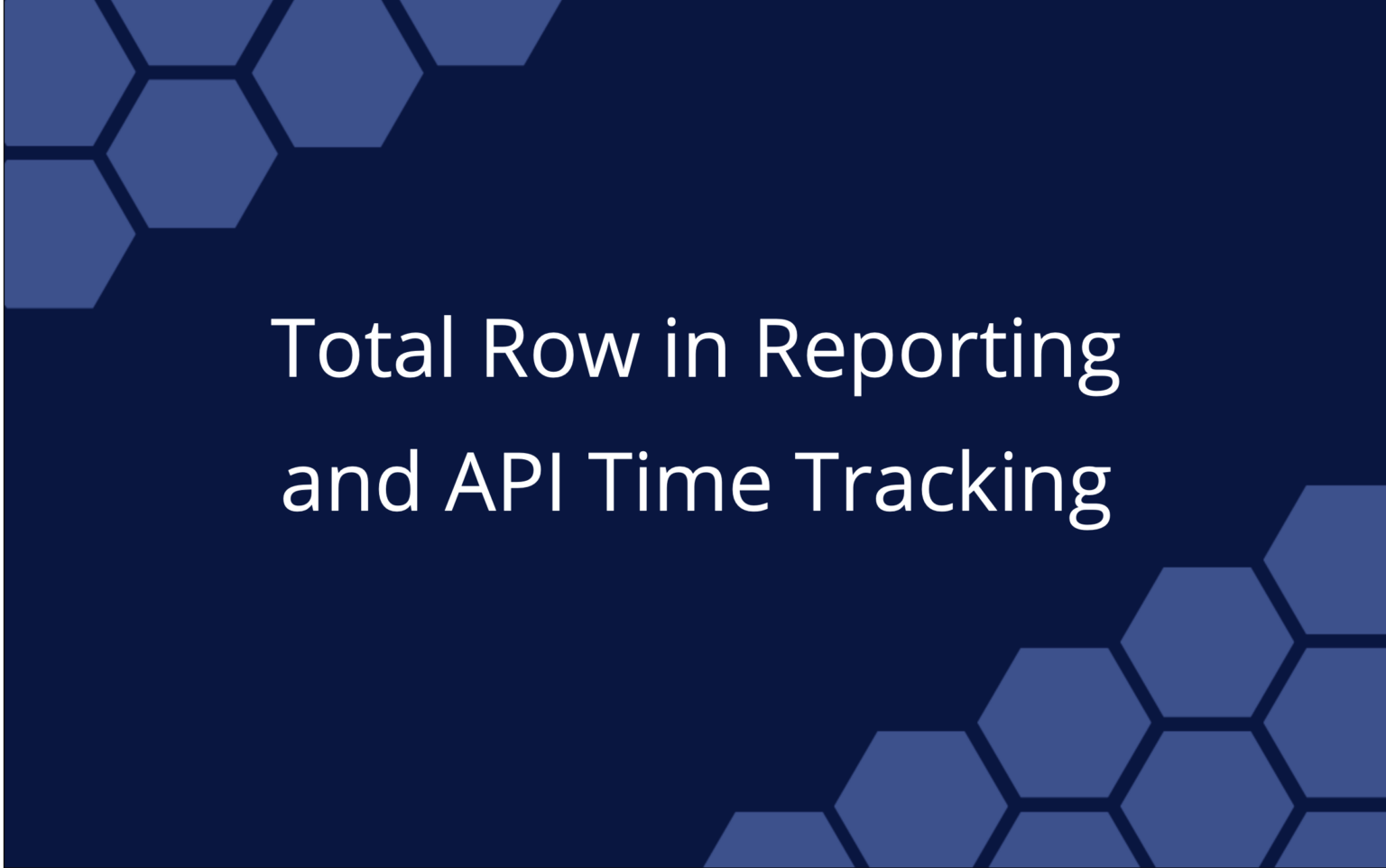What’s the purpose of April Fool’s Day? The idea is to pick someone as the focus of your prank and make a fool out of them for a good laugh. One of the best ones ever played on me was when I returned to my dorm room in college while attending the University of Iowa and a few of my friends had turned everything – and I do mean EVERYTHING – upside down. My bed, my dresser, chairs, and table… literally everything. It was hilarious and took me hours to fix.
I am telling this story because a lot of the chaos of daily project management can sometimes feel like April Fools pranks. I was once leading a website launch to provide prescription services to a Fortune 500 organization with over 30,000 employees. But I didn’t know that the database that held all of the prescription information was owned by a 3rd party vendor who wanted to build this website themselves. This ended up being a huge issue because they wouldn’t cooperate with my team and I. Something that seemed like a small detail was a massive liability to the success of this project! Embracing the roadblock, I opted to work directly with the vendor to negotiate and agree on shared responsibility for the project. This unexpected path hurt the profitability and the project timeline. Did it feel like someone had pranked me? Yes, definitely. Unfortunately, this is not rare. Poor planning, lack of visibility and the unknown frequently result in unexpected surprises that negatively impact project progress and outcomes.
It’s one thing to be pranked by your friends. It’s an entirely different feeling when it happens to you on a new project when deadlines and important outcomes are on the line. How do we avoid these feelings of being pranked when conflict arises? Leaders don’t want to hear you utter, “how did that happen?” or “I didn’t see that coming!” Even if it’s true or out of your control. No project ever happens without at least some surprises. But you can address unexpected surprises with these three methods below.
1. Ensure you deeply understand the requirements
Understanding the requirements in detail is one of the main ways to avoid surprises in your project timeline. Requirements are the backbone of building a realistic timeline for when your project will be completed. This principle helps you understand why spending more time on requirements will effectively use your capacity and energy upfront. Invest time to think through each step of the project from start to finish. It may be helpful to break the project into smaller tasks and assignments to estimate project deliverables and resource needs better. Get input from your team and project stakeholders before committing to a timeline to ensure everyone is aligned on estimates and priorities. And be sure to highlight dependencies that, if not identified, have the potential to emerge as blockers to progress. I have never heard anyone say, “we spent too much time on requirements” or “we spent too much time planning upfront on this project.” Not once in 20+ years of leading substantial projects. Project management software can make the process of time estimation and dependency tracking more manageable. Early and detailed planning is the key to ensuring your team can avoid unexpected surprises.
2. Document lessons learned
A survey I conducted revealed over half of all project managers documented lessons learned less than 10% of the time. This is a missed opportunity considering the immense benefits we can derive. Why are we not spending more time studying and learning from our mistakes? One reason is ego. We avoid drawing attention to failures to protect our reputation. In my experience, the best project managers and teams reframe the idea of shame from failures into a learning opportunity. Another reason is urgency. We are often motivated to move on to the next project once one is completed. It takes time to document problems along the way and summarize insights on how we solved them. Often, project managers don’t have the time to reflect on the project before moving on to the next one. So, how do we get around that? Rather than waiting until the end of the project to document insights, create a habit along the way. One way to get a team rallied around this practice is to schedule short meetings about lessons learned at key deliverable milestones. That way, we can incorporate these learnings into the current project and not just on future projects. Plus, when new teammates join who don’t have the background on old projects, you can point them to these documents to avoid repeating history. Some of the greatest successes come from past failures, and the mistakes along the way by no means make you a fool!

3. Ask questions
Communication is key. Asking the right questions to uncover the intricacies of the project is probably the most critical task the project manager will ever perform on the engagement. I always say effective and efficient communication is #1 for the project manager. I didn’t know that a “competing” company owned the database like in my example above. Even if your questions seem self-explanatory or silly, they may save you lots of chaos and wasted time. Always try to incorporate best practices and communicate well on your projects. Something catastrophic may never happen, but you will experience communication challenges on every project you manage. Don’t let communication gaps or challenges surprise you or throw the project off track – as they say, there is a correlation between “assumptions” and “fools”
In summary – try not to feel pranked when your projects encounter rough patches or the unexpected. You can’t anticipate every obstacle, but you can set the table for success by digging into requirements up front, learning from mistakes and never being afraid to ask clarifying questions. This growth mindset focused on learning and uncovering layers may very well determine whether or not your project stays on track toward success.
What are your thoughts on this list? Have you been surprised during your projects? You are in denial if you say it has never happened to you. Please share your thoughts, and let’s discuss.
About the author
 Brad Egeland is a Business Solution Designer and IT/PM consultant and author with over 25 years of software development, management, and project management experience. He has been named the #1 blog to follow in 2022 and the “#1 Provider of Project Management Content in the World” with over 7,000 published articles, ebooks, white papers and videos. Brad is married, a father of 11, and living in sunny Las Vegas, NV.
Brad Egeland is a Business Solution Designer and IT/PM consultant and author with over 25 years of software development, management, and project management experience. He has been named the #1 blog to follow in 2022 and the “#1 Provider of Project Management Content in the World” with over 7,000 published articles, ebooks, white papers and videos. Brad is married, a father of 11, and living in sunny Las Vegas, NV.
 Say hello to the new Tempo! LiquidPlanner is now Portfolio Manager.
Say hello to the new Tempo! LiquidPlanner is now Portfolio Manager. 







